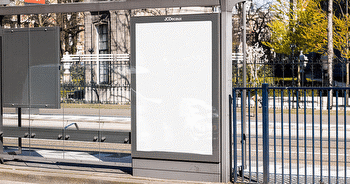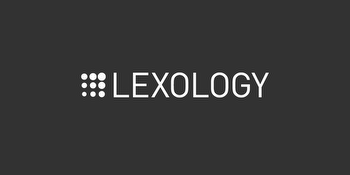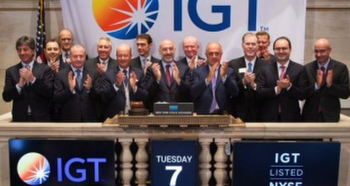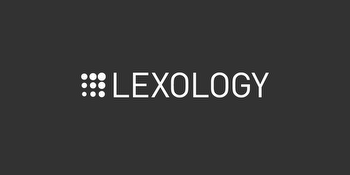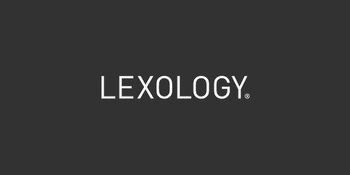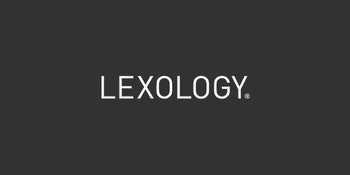Dutch ban on untargeted advertising for online gambling begins 1 July 2023
In April 2023, the Dutch Ministry of Justice published a regulation banning untargeted advertising for online games of chance that will go into effect on 1 July 2023. The Netherlands' decision to ban non-targeted advertisements came after the public outcry over the huge number of advertisements for online gambling and betting that have appeared since October 2021 when online games of chance were officially legalised in the Netherlands.
Online gambling and advertising
Online gambling was officially legalised in the Netherlands in October 2021. As of September 2022, 22 companies have received licenses to operate, leading to fierce competition for market share. Consequently, the number of advertisements from licence holders skyrocketed. To illustrate this, over EUR 200 million has been spent on online gaming advertising in the Netherlands since October 2021.
The Dutch Gambling Authority identified two keys issues about this advertising in its research: one is the large-scale participation of young people (ages 18 to 24 years) in online gambling activities, and the second is the exposure of children to advertisements and sponsorships from online gambling sites. These findings, combined with the plethora of advertising, have generated much criticism and outrage from consumers, politicians and the gambling-addiction community.
In response to this public outcry and research from the Dutch Gambling Authority, the Dutch government published the regulation banning untargeted advertising of online games of chance to protect vulnerable groups, especially young people.
Application of this ban
The ban on non-targeted advertising applies to online games of chance. Moreover, to prevent those licence holders with online gaming licences and licences for other games of chance from taking unfair advantage, all licence holders must ensure that advertisements for other games of chance do not refer – directly nor indirectly – to online games of chance.
The advertisements banned
The ban covers all advertisements in newspapers, magazines, television, and radio, as well as advertisements in public spaces, such as on billboards. Other forms of untargeted advertising activities, with or without the help of third parties, are also banned. These include mailings to postal addresses, and promotional games of chance to raise awareness of online games organised by licence holders.
Internet advertising (including simple banner ads), such as advertising on social media or video-on-demand platforms and targeted advertisements such as direct mail, remains possible but only under the application of strict rules. Firstly, Internet advertising and targeted advertising will only be permitted if an operator actively prevents these advertisements from reaching young people under the age of 24, players who exhibit problematic gambling behaviour, and individuals who have excluded themselves from participating in gambling through the Dutch gambling self-exclusion register CRUKS. Secondly, operators must ensure and prove that a minimum of 95% of their advertisements reach people who are at least 24 years of age. Finally, licence holders must also offer individuals the opportunity to opt out from receiving or even viewing gambling-related marketing messages.
Sponsor agreements
Because sponsor agreements are qualified as advertising in the Netherlands, the ban also covers these agreements. A transitional period has been provided, however, whereby existing sponsor agreements will remain in place for a set time. This transitional period is limited to sponsorship agreements concluded before the 1 July 2023 entry into force of the ban.
Sponsorship agreements dealing within the sports sector, such as shirt sponsorship agreements, are permitted until 1 July 2025. Other sponsorship agreements such as sponsoring TV programmes and events can last until 1 July 2024. After these dates, sponsorship by licensed operators is prohibited.
Conclusion: how will these rules work in practice?
The Dutch government has published strict rules on untargeted advertising for online games of chance. The question is the effect these rules will have in practice. Will they achieve their desired results and are they workable? This concern pertains in particular to the rule that at least 95% of the individuals reached by any marketing message must be at least 24 years old. Furthermore, it remains to be seen how the Dutch Gambling Authority will enforce these rules given their limited resources and manpower. We will keep you informed of any developments.










